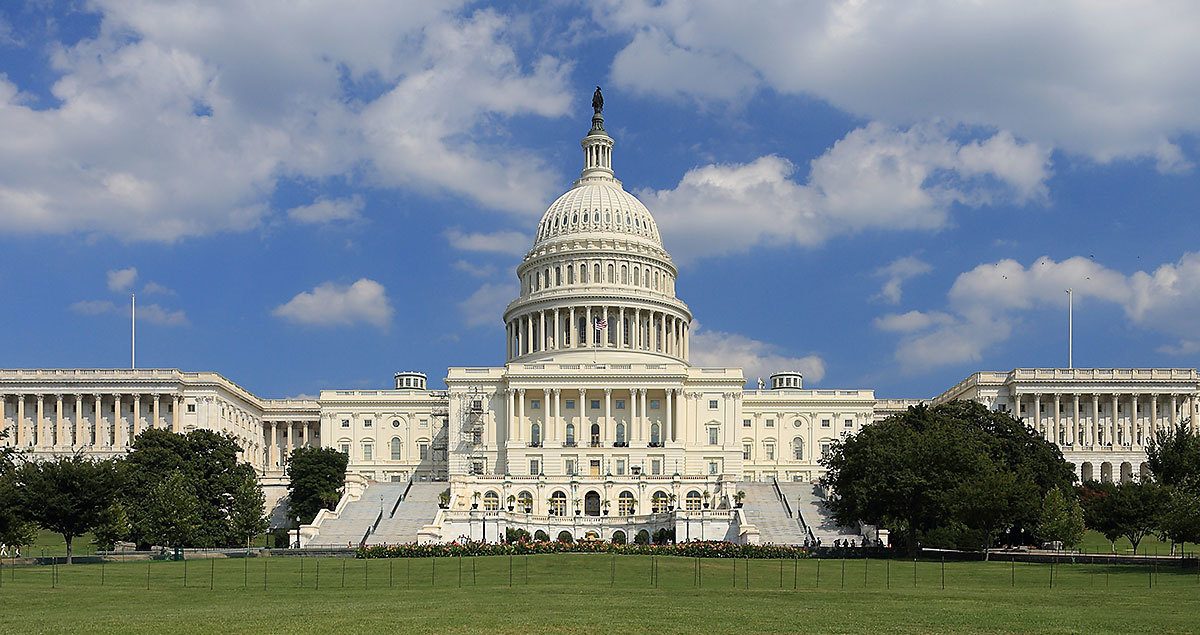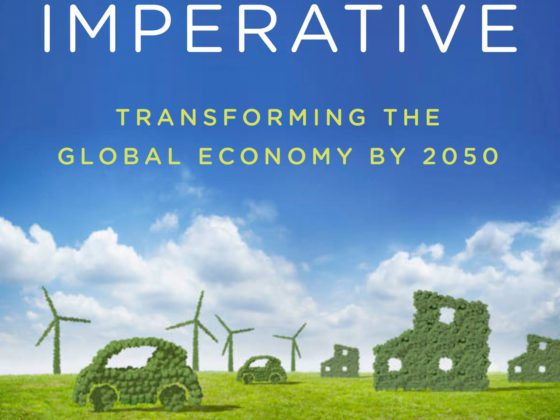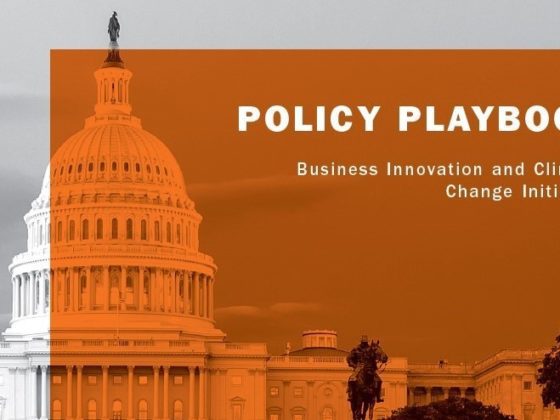Last week I visited Capitol Hill to hear federal government and industry representatives talk about the near-term opportunities for bi-partisan progress on climate change. The event was sponsored by the Center for Climate and Energy Solutions, which recently released its own list of Near-Term Federal Actions to Address Climate Change. It’s been years since I have been on the Hill and as I entered the Dirksen Senate building I did so with a sense of hope, given changes in the House and the recently proposed Green New Deal. Amidst all the details shared that day, what I heard loud and clear is that the opportunity to advocate for clean tech policy is now and businesses are in the best position to lead those efforts.
The remarks made by Representative Francis Rooney (R-FL) and Senator Tom Carper (D-DE) suggest a new appetite in Congress for climate policy measures. Rep. Rooney spoke about the shift within his party, from climate change denial to open discussions about viable policy interventions. A victory in itself for people like me who have worked on environmental issues for a long time. Unfortunately that appetite doesn’t extend into the current administration as climate advocates like Sen. Carper fight to reject policy roll-backs proposed by newly-confirmed EPA Administrator Andrew Wheeler. Though I was encouraged to hear Sen. Carper speak of the partnerships forming between Congress and private industry as they work together to push forward climate action.
A panel of industry representatives from Intel, Mars, DTE Energy, Entergy, Equinor, and LafargeHolcim then spoke about the opportunities for federal policy to accelerate innovation and change. For the last two years, businesses have taken it upon themselves to address climate change, setting their own aggressive corporate emission reduction goals in response to stakeholder and customer demands. Even in the slow-moving industrial sector, LafargeHolcim has committed to a 40% reduction in emissions by 2030. This is an encouraging signal but the companies represented on the panel are clearly both leaders and outliers within their industries. Without federal government policies and incentives paving the way, their peers will drag their feet and we will struggle to meet the levels required to avoid the negative climate impacts predicted by 2050.

The panel collectively voiced the need for federal investment in clean tech R&D, which would more quickly drive down the cost of new technologies, accelerating commercialization. In our Path to 2060 electric utility decarbonization report we discuss the federal government’s critical role in bringing wind and solar technologies to market. Today, wind and solar are competing head-to-head with fossil fuel energy sources, in many cases without subsidies. Panelists urged the same approach for energy storage, grid modernization, and Carbon Capture, Utilization, and Storage (CCUS).
Just as businesses are taking action in response to customer demands, Congress must also listen to their constituents. It’s no surprise that the biggest supporters of climate change policy in the Republican Party represent those states hardest hit by climate events, like Florida. To broaden the base of public support, communication should focus on how climate change will impact communities and daily lives away from the coasts. Interestingly, this was one of six policy actions proposed in our Jefferson Innovation Summit Policy Playbook. Businesses can play a role here. But when educating the public, communicators need to move away from “doom and gloom” and political rhetoric to talk of innovation, social good, and job creation on both a national and community level. To dispel the often heard argument that climate solutions aren’t economically viable, businesses are well-positioned to demonstrate and communicate to their customers that you don’t have to choose between the two to be successful.
One message came through clearly from both Rep. Rooney and Sen. Carper: we cannot leave American workers behind in our quest for clean tech innovation. I had the same thought as I rode the train through the small towns and rural farms to Washington, DC. The concrete plant, the electric transmission plant, the livestock pasture – all are businesses that operate in sectors targeted for decarbonization. As we transition to a clean energy economy, generations of workers will be left behind without workforce training, especially in rural communities.
Back at Darden, I remain hopeful. Do I expect Congress will embrace the Green New Deal or put forth a long awaited carbon tax tomorrow? No, but I am encouraged by the fact that both sides are entertaining climate policy and that businesses are continuing to pave the way toward a cleaner future regardless of what happens in Washington. One thing is certain, these are exciting times and there is no better time for business leaders to help shape climate policy. Time to speak up!




